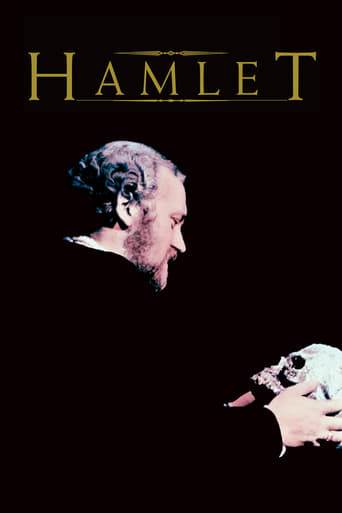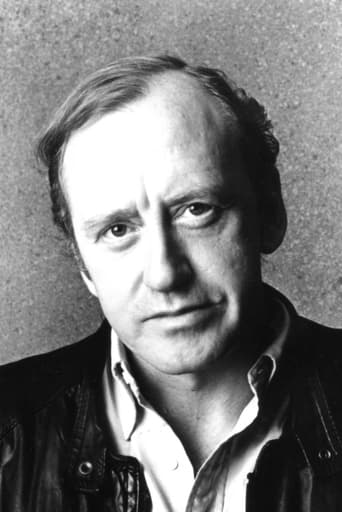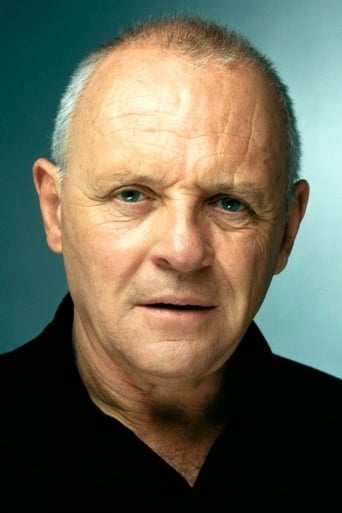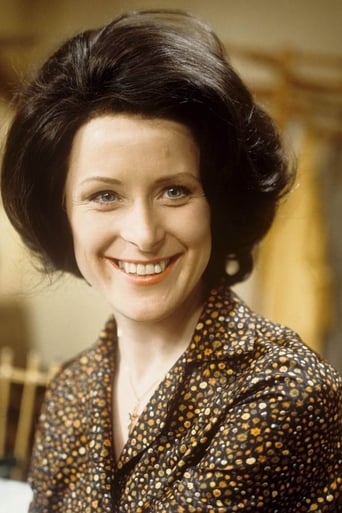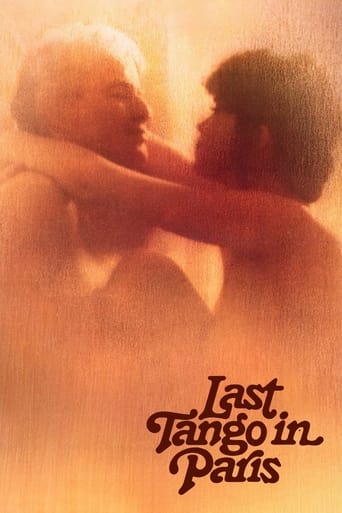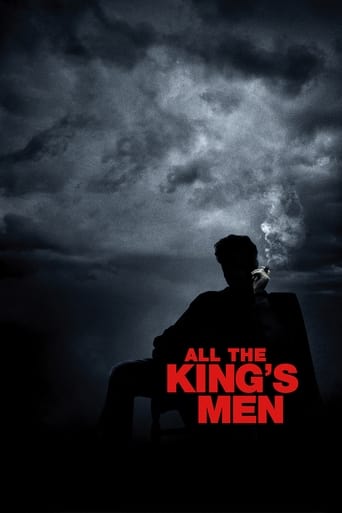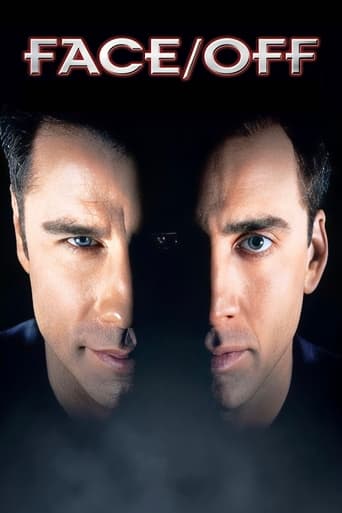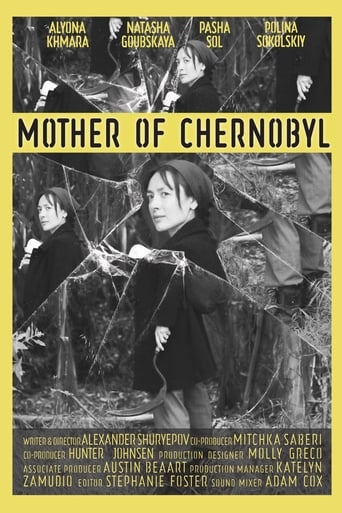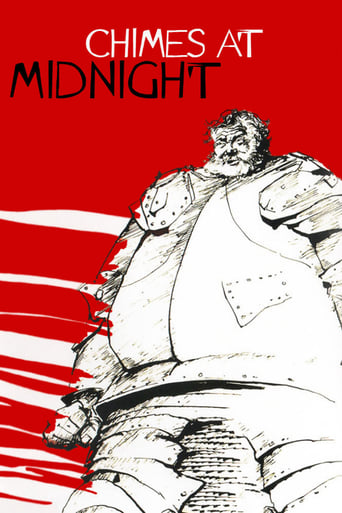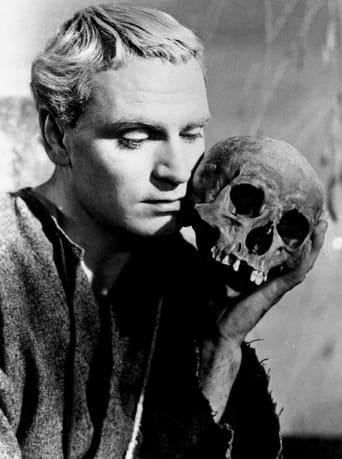Hamlet (1969)
Tony Richardson's Hamlet is based on his own stage production. Filmed entirely within the Roundhouse in London (a disused train shed), it is shot almost entirely in close up, focusing the attention on faces and language rather than action.
Watch Trailer
Cast


Similar titles
Reviews
After revisiting Richardson's Charge of the Light Brigade a couple of days ago I put this on again. I found myself far more impressed than when I'd first watched it, two or three years ago. This was even though I'd always admired Nicol Williamson in whatever else I'd seen him in, such as The Bofors Gun, and Laughter in the Dark. Everything about this version now struck me as really excellent, especially the manner in which it had been shot, with the multiple facial close-ups. Shakespeare is words, not scenery. The backdrops only have to be suggested in a minimal manner. This allows the script to take over, as it should, and as Shakespeare wrote it. Words, words, words; the finest ever produced.The ghost was imaginatively conceived. I formed the impression that its lines were actually spoken by Williamson himself, indicating that this apparition was largely a figment of his own thoughts and suspicions --- in spite of first being seen by the sentries. I may be mistaken in this casting.Of course there are many anomalies in the play. It's never clear quite how long a time elapses between Old Hamlet's death and Gertrude's marriage to Claudius: Two months ? Ten days? Soon enough for the funeral food to be served up at the wedding? Similarly, Shakespeare never makes it clear exactly how old Hamlet really is. Complaints about the comparative ages of the actors playing Hamlet, Claudius and Gertrude always seem to me quite irrelevant. The parts are being ACTED for heaven's sake. Shakespeare's stage had boys and men playing female parts; as well as white men playing black men. No actor is "really" a king, a prince, or a hero. It's a matter of the quality of the verse delivery, not the pursuit of some phony "realism". All art is fake, and total illusion anyway.This production reveals much of the play's subtleties, especially the psychology of Hamlet's state of mind, in ways unlike Olivier's Hamlet, which I also admire. I've seen another production, set in modern New York, which I thought was a complete failure. Having compared Branagh's Henry V with Olivier's, I don't think I'll be bothering with the full-length Branagh Hamlet. Branagh did nothing for me as Henry, and performing the entire script end-to-end strikes me as quite pointless; I sincerely doubt that it was ever performed like that on the contemporary stage. The varied interpretations delivered by different directors means that the work is always fresh and renewable.Watching this production by Richardson is a highly rewarding experience, and every part is played supremely well
A few things have been modified in the play, for example the concluding remarks by Fortinbras that have been dropped, or the fact that Osric is quite obviously a transvestite. But basically that does not change much in the content of the drama. A first crime, Claudius' incestuous killing of his own brother to seize his crown and his wife, makes it true that there is something rotten in this kingdom of Denmark. This disorder will have to be set back up properly in the traditional Skakespearian way. All protagonists will have to die. Claudius of course, but also Gertrude, the Queen, Polonius the King's counselor and the father of both Laertes and Ophelia. Then Ophelia, Laertes and Hamlet. And we mustn't forget Rosencrantz and Guildenstern. Then and only then will Fortinbras be able to take over (though it is reduced to two allusions to him and his disembarking but not at the end of the play) and bring back some legitimacy, hence order in that disorder. We all know that plot by heart or nearly and we all enjoy the play in the play, the ghost, Yorick's skull, immortalized by Picasso, and so many scenes and situations. The distribution of flowers by Ophelia is one of these. Yet this film is different. I guess the editing of the DVD is closer to TV editing with a lot of close-up shots of faces. But what is the most original of this film is the sensual dimension added to it. Claudius and Gertrude in bed having some kind of breakfast with quite a lot of people around, Hamlet among them: an incestuous and adulterous situation that has to be a provocation for Hamlet both in his Oedipian frustration and the betrayal he will accuse his mother later on with. The long kiss of Laertes and Ophelia is more a kiss of lovers than sister and brother. The use of transvestites for the play in the play, which was normal under Shakespeare but may look bizarre today, even in 1969. But the transformation of Osric into one transvestite is more than surprising, since his business is not that of a woman, but definitely that of man, a courtier, a messenger of the King that reveals at the same time things he should not reveal, in other words a gossip but revealing a murderous plot against Hamlet, pointing out that this attitude is suspicious in many ways in feudal times and may reveal the homosexual dimension of Hamlet and the attitudes in that direction he may incite, voluntarily or not. That dimension of the play is quite obvious beyond the political approach of the action and the psychological characterization of the characters. But I find these added elements either not enough or too much. Too much if we stick to the text written by Shakespeare. Too little if we want to reveal the deeply erotic, Freudian and perverted situation created by the first murder. But is Hamlet a pornographic play? Some may think yes. Some may think no. But there is no in between in that field. Was Gertrude the prize of the crime or was she not? Dr Jacques COULARDEAU, University Paris 1 Pantheon Sorbonne, University Paris 8 Saint Denis, University Paris 12 Créteil, CEGID
This Hamlet has always stuck with me as one of the most memorable because of Nicole Williamson's performance which is so different from any other I've seen. It really emphasizes Hamlet as an uncomfortable intellectual. I am surprised it doesn't get more attention. It has been decades since I have seen it last and I look forward to seeing it again.As I recall the film came out after Nicole Williamson performed the role on Broadway. I remember Williamson racing through the lines (sometimes slowing a bit) in a feverish way concentrating on the meaning and avoiding any luxuriating in the sound of the language. He delivers the lines with nasal whine that sounded almost ugly. He seemed the most modern Hamlet I ever encountered. I just did a web search and I see that one or two comments that say this is a "bad" Hamlet, but I think those people are missing the point of the performance.
Tony Richardson's production, faithfully reconstructed from the stage version and filmed in situ at the Roundhouse, has some very odd casting: Nicol Williamson plays Hamlet, morose and black suited, spitting his lines at the screen like a malevolent spider; Anthony Hopkins (younger in real life) plays his stepfather and Royal usurper Claudius. Judy Parfitt (excellent) plays a seductive Gertrude, while Marianne Faithfull plays Ophelia (and actually does it quite well; I read she didn't have particularly good memories of the role but she comes closer to the character than a lot of the more accomplished actresses I've seen tackle it). Michael Pennington is wasted, really, as Laertes. Roger Livesey appears as Player King and is very good in one of his last film roles.The play itself is shorn to minimalism, very short, very staccato. This works well for some of the scenes - the Ghost's appearance, for example; the scene with Hamlet and Ophelia when they are being observed; the 'words words words' bit; and Hamlet's visit to his mother's room before his dispatch to England. I'm not sure about the soliloquies to camera, or certainly whether they come across as well as they would have done in the theatre. But it is a fascinating record of an eccentric collection of performances.

